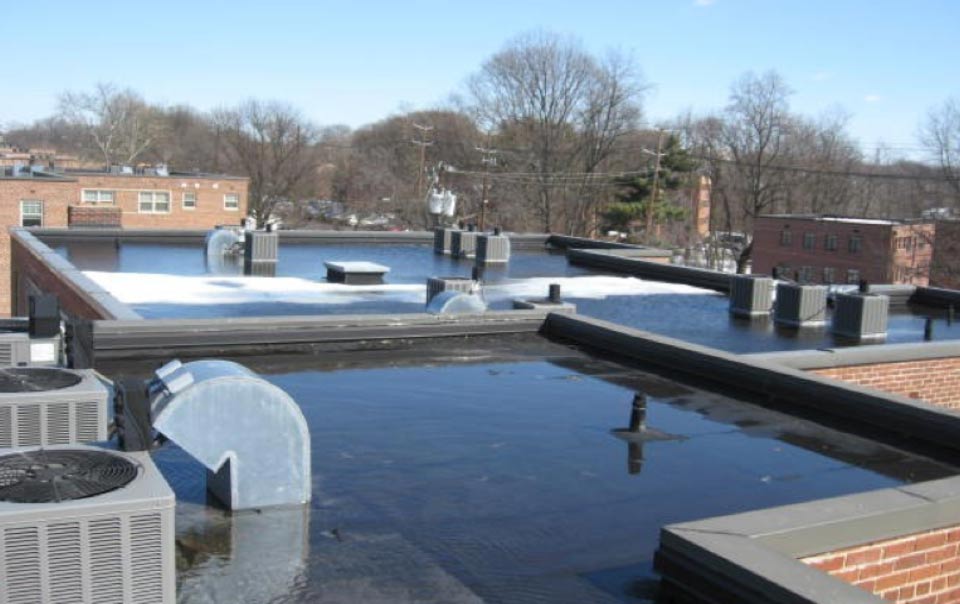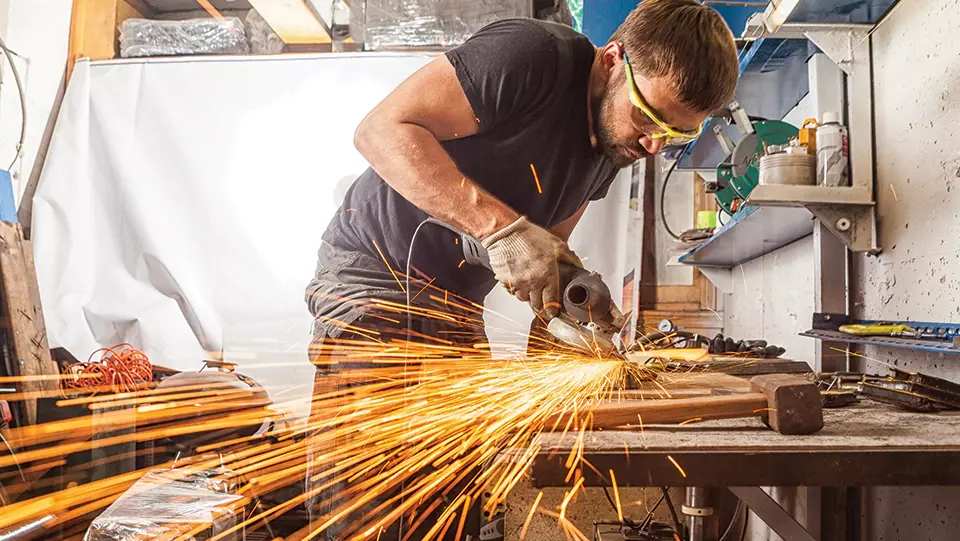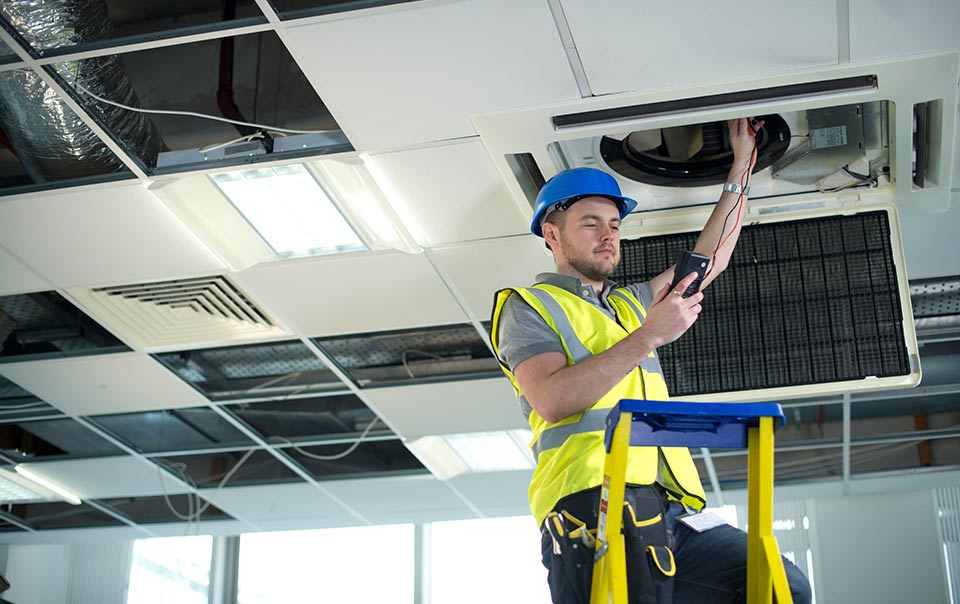Commercial Boiler Maintenance

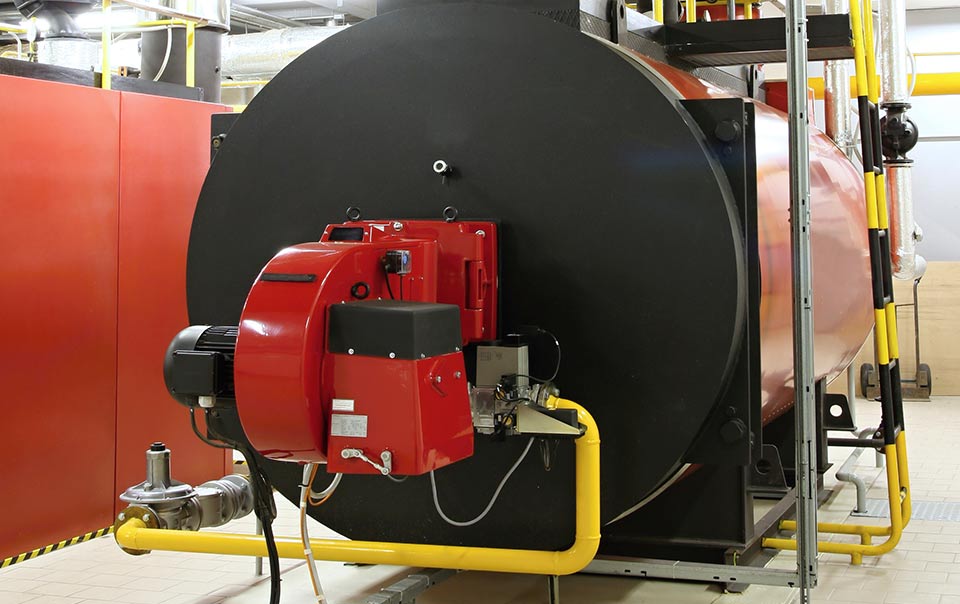
Before the cold season arrives where ever you may reside, preparing your boiler with regular preventative maintenance for the heating season is critical to efficient and safe operation. The frequency of common boiler issues, such as inefficient burner operation, cracking, dry fire, and pilot failure, may be reduced with proper attention. Their dependability and efficiency is contingent upon these tasks being performed both properly and regularly. With the rising costs of fuel and equipment it pays to be proactive in caring for your boiler. Following are some important tasks you and your qualified technician can perform to aid in safe and successful heating boiler start-up and operation.
Qualified boiler technician responsibilities (pre-seasonal)
- Check all safety valves and devices for proper operation. Disassemble the low water cutoffs and inspect the wiring (remove the probe and clean if applicable). Remove sediment from the low water cut off cross piping. Perform a slow drain test of the low water cutoffs.
- Inspect the sight glasses. Clean and replace as needed.
- Remove and clean atmospheric burners or clean the blower fan if a power burner is used.
- Test the air switch.
- Perform a combustion analysis.
- Clean, set and inspect the pilot assembly, controls and pressure switches.
- Perform pilot turn down test if an infrared or ultraviolet flame scanner is used.
- Drain the boiler water and remove the scale from the vessel.
- The boiler water side and fire side should be opened, cleaned and inspected for defects and damage.
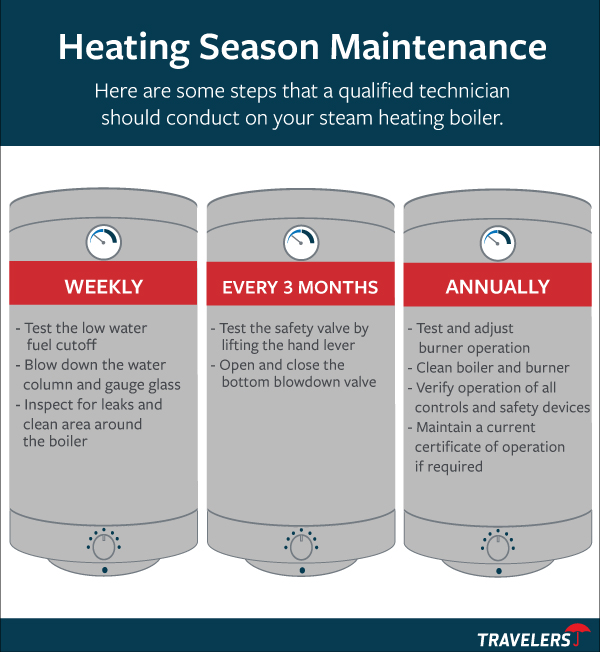
Heating Season Maintenance
Here are some steps that a qualified technician should conduct on your steam heating boiler.
WEEKLY
- Test the low water fuel cutoff
- Blow down the water column and gauge glass
- Inspect for leaks and clean area around the boiler
EVERY 3 MONTHS
- Test the safety valve by lifting the hand lever
- Open and close the bottom blowdown valve
ANNUALLY
- Test and adjust burner operation
- Clean boiler and burner
- Verify operation of all controls and safety devices
- Maintain a current certificate of operation if required
Owner operator responsibilities (pre-startup)
- Remove any debris and stored items from around the boiler.
- Verify that the outside air damper is not obstructed.
- Visually inspect the boiler water level. If it is not visible then shut down the boiler and contact a service technician.
- Confirm the fuel level is adequate if the boiler is firing on liquified petroleum gas (LPG) or fuel oil.
- Upon the boiler’s first cycle, observe the pilot light and ensure the flame is stable and not flickering.
- Look at the main flame (from low fire to high fire, if applicable) making sure the flame is not dirty with excessive soot.
- Test the low water cutoffs.
- Provide freeze protection, if necessary.
Maintaining actions (post-startup)
- Inspect for leaks in or around your boiler.
- Have a chemical vendor or qualified technician test the boiler chemical levels. Properly treat boiler feedwater and perform daily boiler blow downs as directed by a qualified boiler water specialist to prevent scale accumulation.
- Test the low water cutoffs and safety valves.
- Inspect the burner flame for proper combustion.
- Fill out the boiler log on a regular basis to help identify detrimental trends.
